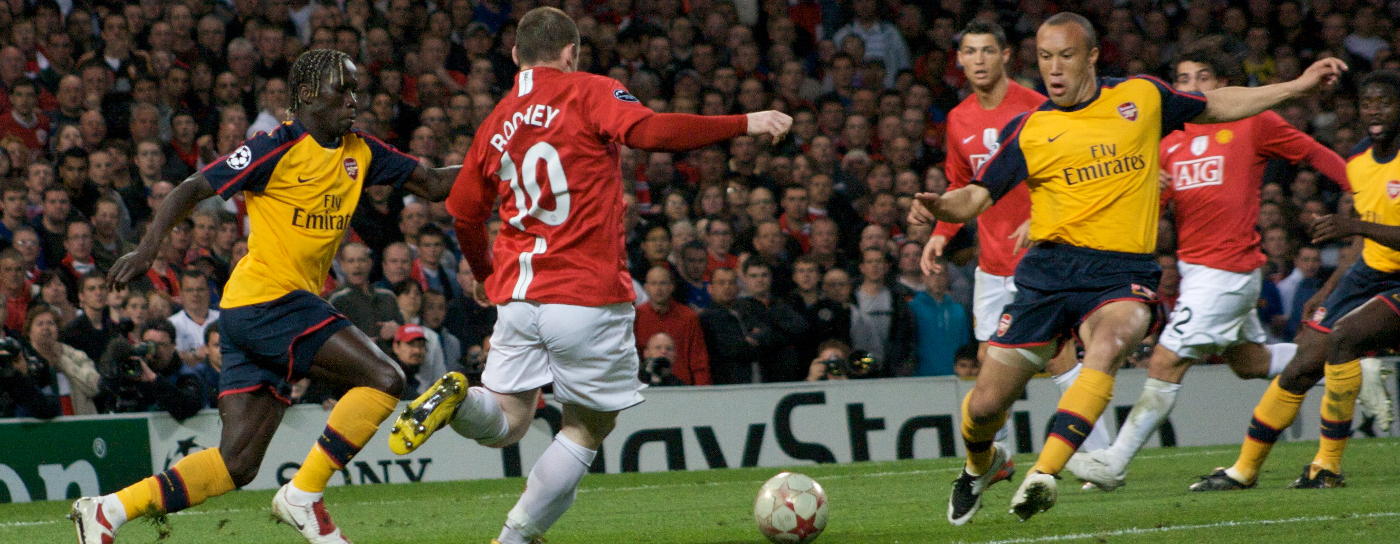This is a massive issue for punters.
We do know that the UK Gambling Commission and the Competition and Markets Authority (CMA) are presently working together to look at terms and conditions (T&Cs) used by gambling companies. We also know through the same correspondence avenues that the CMA definitely have concerns. This must be very worrying for gambling companies as the CMA now complete the tasks of the old Office of Fair Trading.
One of the principle guidance documents can be found at: https://www.gov.uk/government/uploads/system/uploads/attachment_data/file/284426/oft311.pdf
After a recent consultation some updates have been made to this guidance, but most of it still applies. See: https://www.gov.uk/government/uploads/system/uploads/attachment_data/file/450430/Unfair_Terms_Consultation_Response.pdf
And the following two links outline the new Consumer Rights Act (2015) that has just come into force. The first is the full Act (click here). The second is easier to read and provided by Citizen’s Advice (click here). This Act covers all aspects of consumer rights, so do remember we are discussing just terms and condition here, which of the Act refers to.
Some of these are large documents, so we don’t expect you to read them all. In order to help we are, therefore now going to highlight some relevant sections and compare them with some T&Cs used by many gambling companies. This will enable you to see why some T&Cs used by gambling companies would never stand-up in a court of law. As usual they are quite simply a form of consumer bullying, i.e. tell the punter they’ve signed up to this and they have no rights: WRONG!
The Unfair Terms in Consumer Contracts Regulations set out what makes a contract term unfair. The regulations apply where a consumer is contracting on a trader’s terms (punters are now legally recognised as consumers and are contracting on a trader’s terms, i.e. terms and conditions set by a bookmaker).
Consumer have the right to complain about unfair contract terms, so do, to both the Competition and Markets Authority and the UK Gambling Commission.
When is a contract term unfair?
A contract term can be deemed unfair if it creates a ‘significant imbalance‘ in the trader and consumer’s positions.
Contract terms must be in plain and intelligible language. If they aren’t, the interpretation of the contract terms that favours the consumer will apply if challenged, this is often a problem faced by punters, especially in the case of privacy invasion online, as we’ve yet to come across one set of T&Cs that are clear, in fact some companies, quite blatantly keep some information secret.
Examples of unfair contact terms
Terms that allow the trader to unilaterally change the characteristics of the goods or services without good reason (see Punter example 2).
Terms that allow the trader to keep an unreasonable amount of money as compensation if the consumer doesn’t keep to their side of the bargain, e.g. a gambling company deems you haven’t ‘kept your side of the bargain’ often without saying why and keeps (steals) your account balance.
Punter example 1
Does a term or condition have a ‘significant imbalance’?
Where to start? There are tens of these in most gambling companies T&Cs.
Gambling companies use a number of T&Cs that state the customer has no redress or no right to know. These are T&Cs that have a ‘significant imbalance’. But, companies know that punters usually don’t know their rights and/or are unlikely to go to court, so they brief their customer support agents accordingly.
It’s time for change, let as many people as possible know about these injustices.
Punter example 2
Abuse of account restrictions and closure
The following is a T&C used by 100% of off-course bookmakers (exact wording does differ slightly):
(Name of company) shall be entitled to close accounts at any time, without notice and for any reason, and to exclude the customer from further use of our offer (services).
Punter example 3
Abuse of verification processes
The ID verification required by us is as follows:
a) photographic ID (a copy of your passport or driver’s licence showing your name and date of birth);
b) a copy of the front and the back of the credit or debit card you have registered and used on your Account (you need only show the name, first six digits and last four digits and expiry date; all other details may be obscured); and
c) proof of address (for example, a copy of a bank statement or utility bill that shows the name and address registered on your Account and is dated during the previous three months) (Nothing wrong so far) together with such other information as we may reasonably require (I assume this refers to the ridiculous situation below).
The following does not tend to appear in T&Cs, only under advice on withdrawal support:
903b. In some cases, a higher level of document verification may be requested in order to ensure that identity theft is not being attempted and/or to verify that the funds are being deposited in to the correct owner’s account. Customer support agents may, in these cases, request that the customer supply notarized documents and/or a picture of him/herself holding relevant documentation or identification.
We have a case on file where a company attempted to do this just for a freebet offered by them of £25.00 (no reasons given as to why the suspicions arose – because there were none). The person refused, went to arbitration (arbitrator chosen by the bookmaker) and lost.
This cannot be fair and equal.
A sensible verification system developed by the UK Gambling Commission is being abused to enable companies to withhold their promotions on a discriminatory basis or even withhold monetary withdrawals of people who may be in profit. This is nothing to do with fraud or money laundering it is simply using T&Cs to abuse and discriminate.









